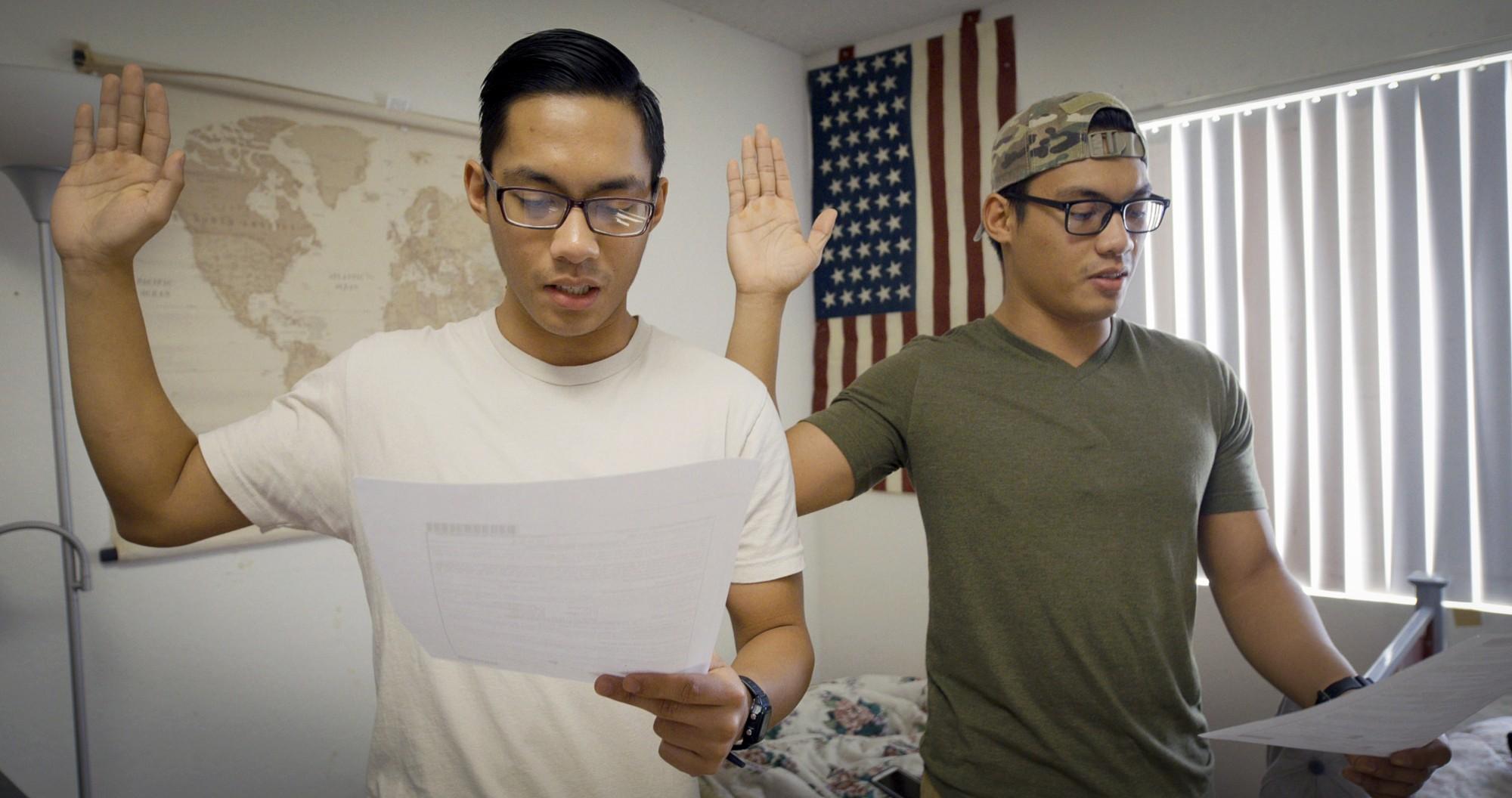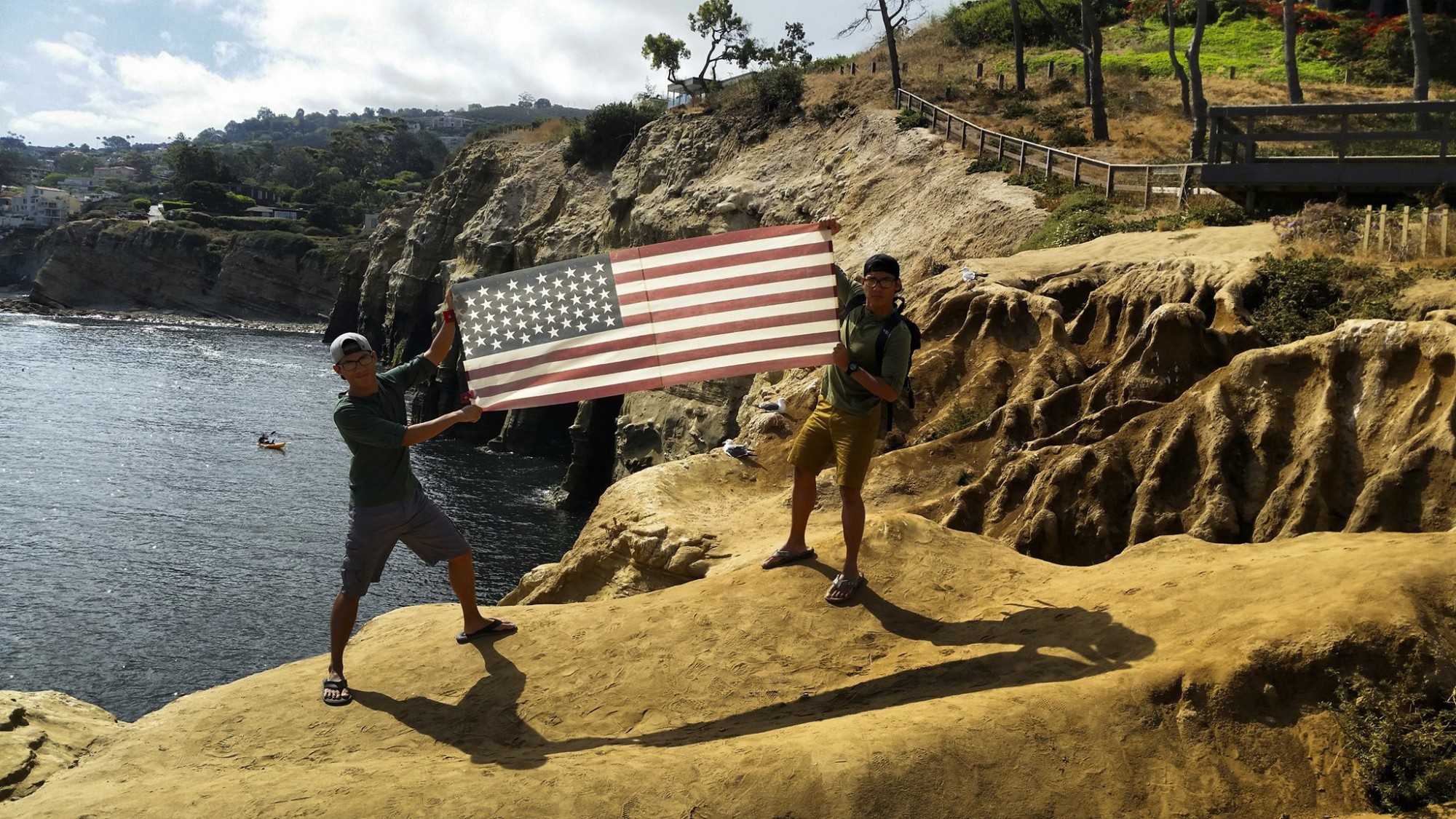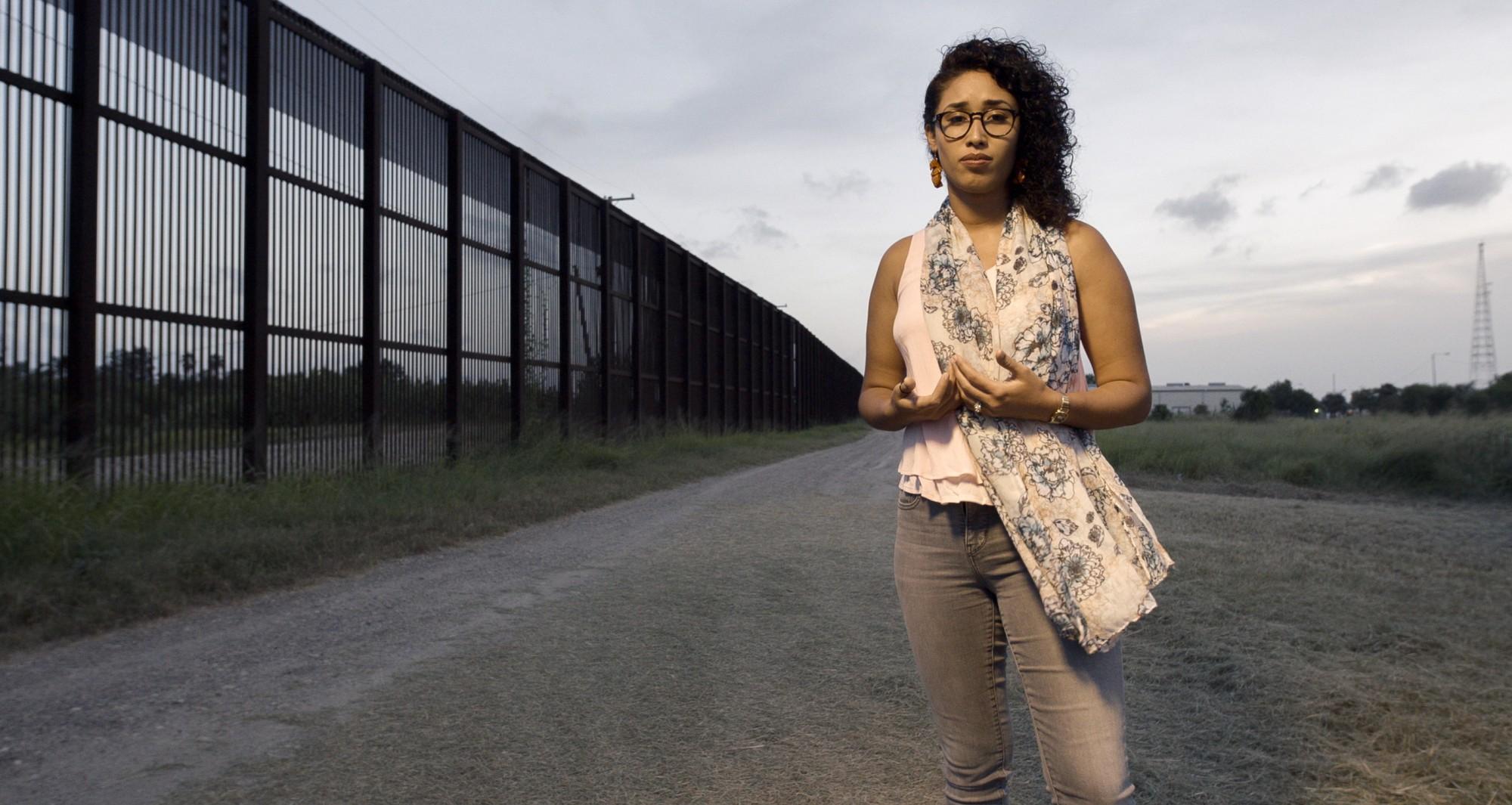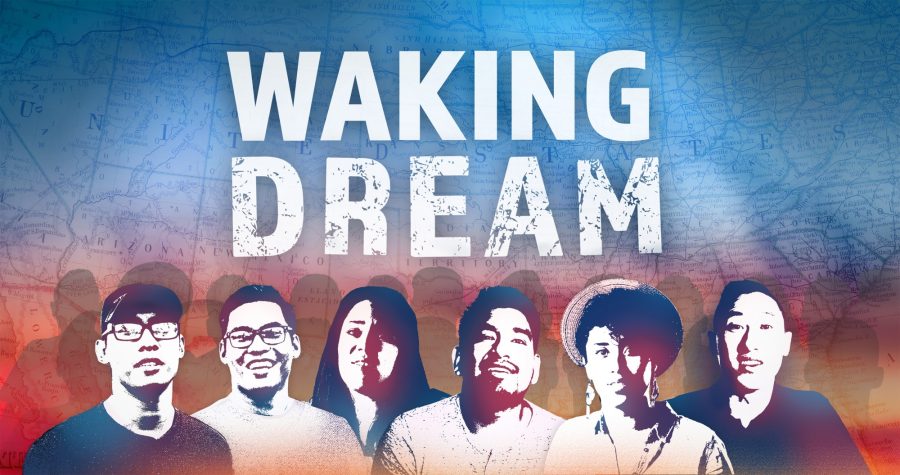Dilan Pedraza, a middle school teacher in California, came to the United States when he was two months old. Pedraza hadn’t seen his father in 14 years.
James and John Sena, 22-year-old twins, dreamed of being in the U.S. military, but their DACA status and changes to a military program stood in the way of them serving their country.
Rossy was completing graduate school at the University of Houston with a PhD in linguistics, but she wasn’t allowed to share her special moment with her mom.
Each of these stories are explored in the film “Waking Dream.” DocScapes’ film series will be showing “Waking Dream” at the University of Arizona Gallagher Theater on Nov. 20, making it the film’s first time premiering in Arizona.
Kerryn Negus, the assistant director at the Hanson Film Institute, said in an email that the “Waking Dream” documentary series will have its filmmaker Theo Rigby join in for a Q&A panel afterwards.
“Waking Dream” is a six-part documentary series that follows the lives of six young undocumented people. Rigby said he had been making films for about 16 years. 13 of them have been dedicated to focusing on immigration issues.
“It really follows this diverse cast over the course of two years through their lives,” Rigby said. “Through the ups and the downs and through their struggles and achievements.”

Rigby said he is inspired to make films about the immigrant community that people are able connect with.
“Most often people don’t want to watch quote-on-quote immigration films because people don’t finish up a long work week, come home Friday night, cuddle up with their partner and say, ‘Oh honey, I really want to watch an immigration movie,’” Rigby said. “So I try to make films that aren’t just immigration films, but films that show all these different elements of life and connect to people.”
“Waking Dream” was shot over a course of two years, beginning with DACA being rescinded by the current administration. Rigby said making this film was an intense experience.
“It was very emotional. People in the film were on a roller coaster and I was on that roller coaster with them,” Rigby said. “At a certain time throughout production, everybody in the film went radio silent. They distanced themselves, and people said, ‘I’m a supporter of the project and you can use what you already filmed, but I can’t film anymore because it’s too much.’ It was a struggle to make the film and a struggle for the people in the film to participate, but I feel like it was all worth it.”
Rigby has showed “Waking Dream” at over 60 screenings across the country. He said the audience usually has a positive reaction to the film and can relate to the experiences shown. However, there have been negative comments online.
RELATED: A look at the life of a UA student living near the U.S.-Mexico border

“It’s across the board,” Rigby said. “Oftentimes we meet young undocumented people and people who are immigrants and have that personal experience. People are appreciative of the series and it shows the complexities of having DACA and doesn’t just gloss over or tell the typical dreamer narrative.”
Rigby said it is crucial for films to be able to tackle issues such as immigration in order to really answer some of the questions that surround the issue.
“I think using storytelling and using narratives in this case is critical to really dig deep into the question of who are the immigrant communities around us, what are they going through and how we are all interconnected,” Rigby said.
Since immigrant communities are present in Arizona and Tucson, Rigby said showing the film at the UA gives those students who are going through the same things a chance to use their voice.
“Immigrant communities are embedded in Tucson in so many ways,” Rigby said. “Having an event where undocumented students and students with DACA can have a platform uplift their voice is really critical.”

RELATED: Tucson will not become sanctuary city after Prop 205 fails to pass
Beverly Seckinger, a professor at the School of Theatre, Film & Television, said the screening of “Waking Dream” will help bring awareness to this specific issue.
“It’s always important to increase awareness and understanding of complex issues through storytelling of the film,” Seckinger said. “Since the DACA issue is centrally an UA issue too, I hope that a lot of students come and take part.”
In addition to being its first time shown in Arizona, Rigby is excited to have Marisol one of the people in the film, at the panel, stating that it is a great opportunity to hear Marisol speak and honor her story along with her family’s.
“I haven’t experienced this film in Arizona yet, so I’m most looking forward to people’s reactions to the film and to the conversations that are sparked from the issues the film tackles,” Rigby said. “Someone featured in the film, Marisol, is coming to speak on the panel after the screening and I think it’s a really special opportunity for her and for me.”
Seckinger encourages students to attend the screening because it allows them to have a whole different experience with the audience and the panel rather than watching the documentary alone.
“It will different watching it in the audience with people and discussing it,” Seckinger said. “Having public screenings of important work is a vital way to keep democracy going.”
Follow Jamie Donnelly on Twitter









